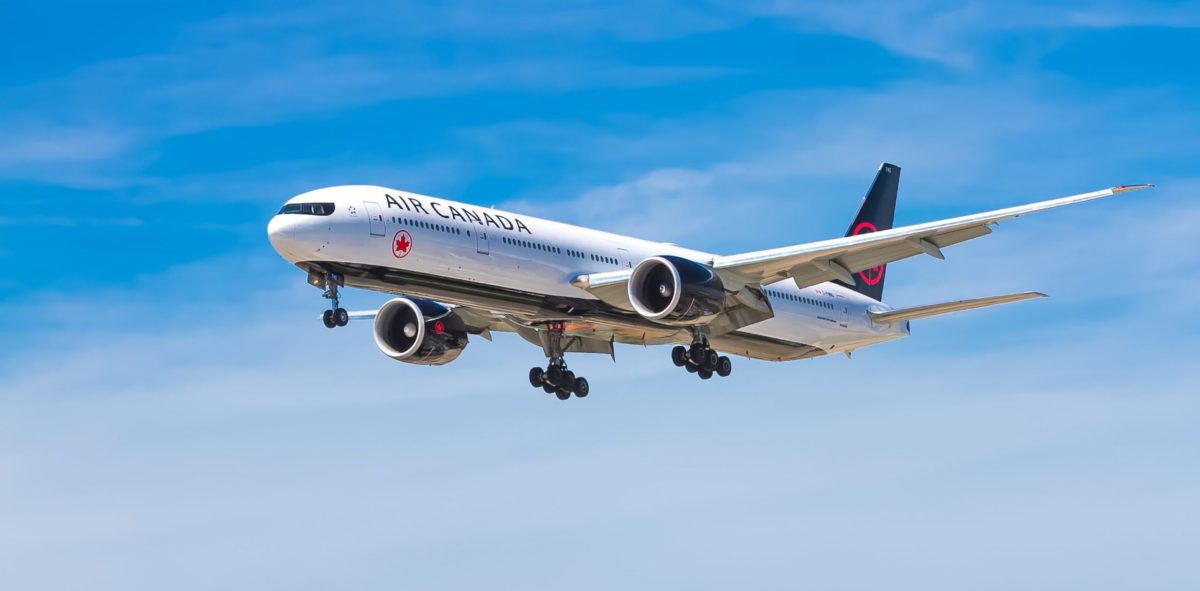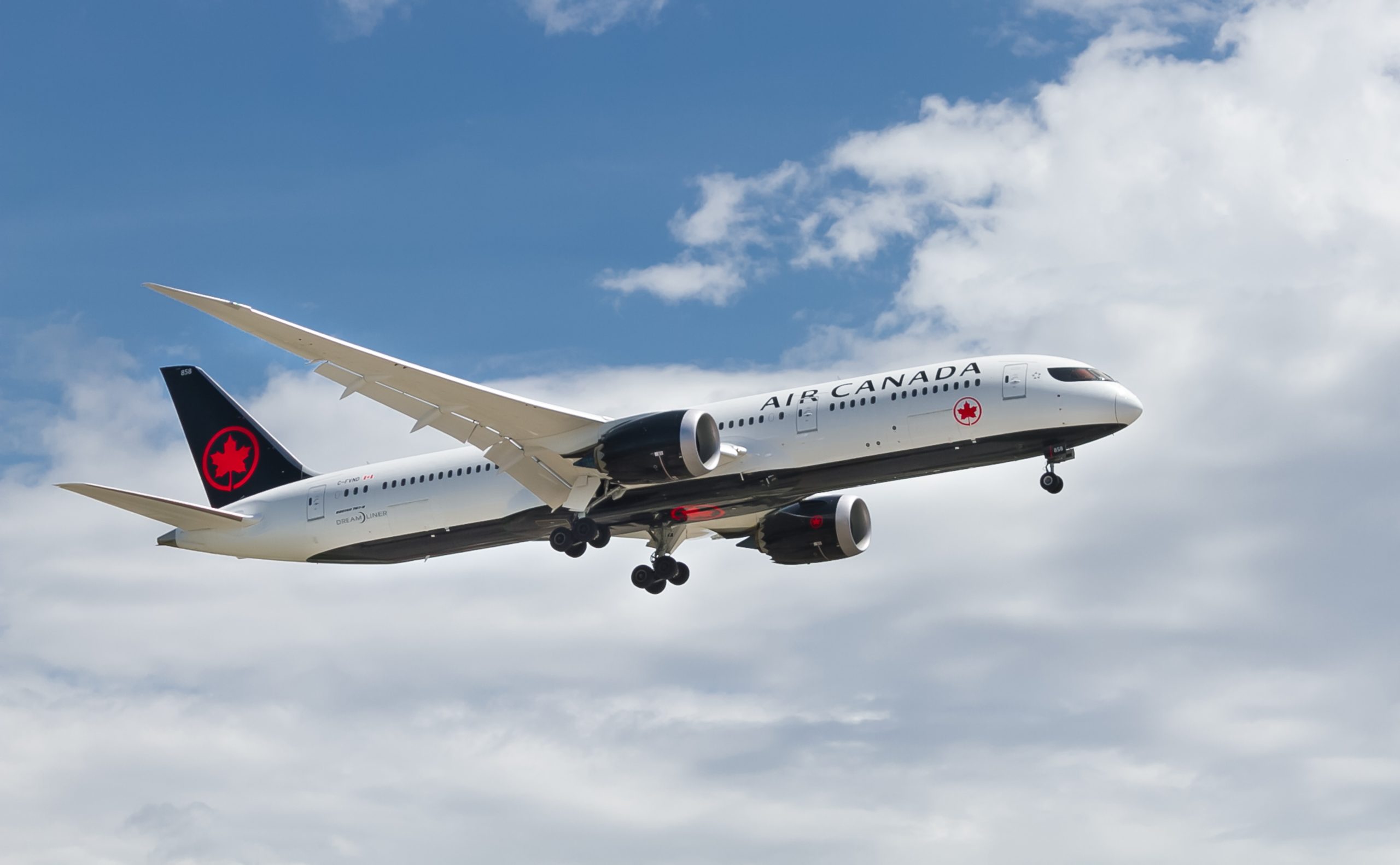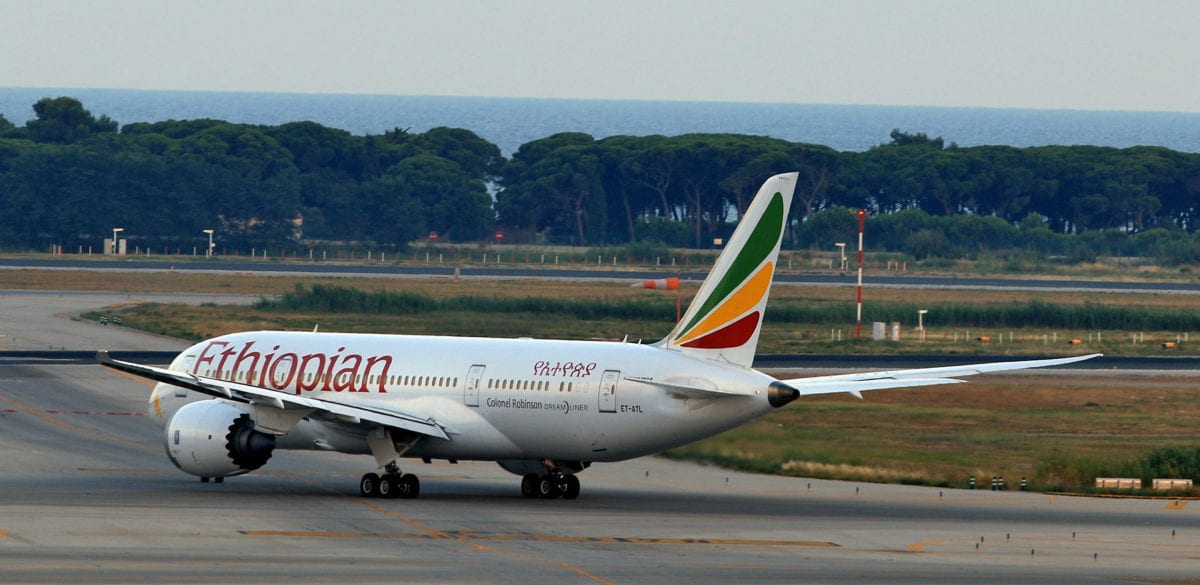For more than a year, Air Canada broke U.S. law by refusing to give thousands of travelers refunds after the airline canceled their flights. Now, the bill is coming due.
The U.S. Department of Transportation hit Canada's flag carrier with a $25.5 million fine on Tuesday, a stunning rebuke and the largest such fine levied against airlines in the fallout from the COVID-19 pandemic. In its filing, the department made clear the hefty fine was meant to deter other airlines from breaking the law in the future. And it argued that Air Canada's recent turnaround – the airline recently began issuing refunds to the passengers it initially forced to settle with vouchers – was too little, too late.
“Air Canada’s new refund policy does not change the fact that Air Canada committed thousands of violations of U.S. law prior to that time,” the department wrote.
Air Canada told Reuters the proposed fine and complaint “has no merit” and promised to “vigorously challenge the proceedings.” Air Canada has roughly two weeks to make a formal response as the proposed fine makes its way to an administrative law judge.

Air Canada at the Epicenter of the Fight for Refunds
The fight over refunds became the defining issue of air travel in 2020 as the pandemic wreaked havoc on travel.
U.S. law is crystal clear: If an airline cancels or significantly changes your flight, they owe you a refund. But when airlines canceled flights by the hundreds last spring as travel demand evaporated, it pitted travelers trying to get their money back in a game of tug-of-war against airlines eager to keep all the cash they possibly could.
Consumer complaints seeking refunds skyrocketed, from just 85 such complaints in April 2019 to 15,200 in April 2020. The Department of Transportation repeatedly warned airlines to do right by travelers.
Plenty of airlines resisted giving back the cash they legally owed customers, but few stuck out more than Air Canada. As other carriers like United and JetBlue eventually relented, Air Canada dug in, insisting that only more-liberal regulations regarding refunds applied to its flights.
But U.S. law is clear: Refund requirements apply to any flight that touches U.S. soil, no matter whether it's flown by a domestic or foreign airline.

All told, the Department of Transportation said it had received more than 6,000 complaints against Air Canada since March 2020 – more than any other foreign airline, according to the data. And 5,110 of those complaints involved violations by stiffing travelers seeking refunds for five to 13 months.
Air Canada only recently began issuing the refunds it legally owed its customers, and that wasn't due to a change of heart. Those refunds were bankrolled by a nearly $5 billion USD bailout passed by the Canadian government, which required Air Canada to retroactively refund nonrefundable tickets to all passengers.
Now, Air Canada says it will refund all passengers when the airline cancels a flight or changes it by more than three hours. Air Canada will also allow these passengers to choose a voucher with no expiration date or convert the ticket to Aeroplan points with a 65% bonus.
But the Department of Transportation clearly isn't sold.
“In the absence of an order directing Air Canada to cease and desist from future similar violations, there remains the possibility that Air Canada could revive its no-refund policy in the future,” it wrote in its complaint.
Bottom Line
The COVID-19 pandemic was the worst crisis in the history of the airline industry – and it's not close. This time last year, airlines were desperate to hang on to as much money as they could.
But that's no excuse for breaking the law or stiffing customers who also needed money in their pockets. As the pandemic winds down and travel rebounds, the Department of Transportation is clearly trying to send a message: Follow the rules or pay.
Air Canada just got that message loud and clear.



